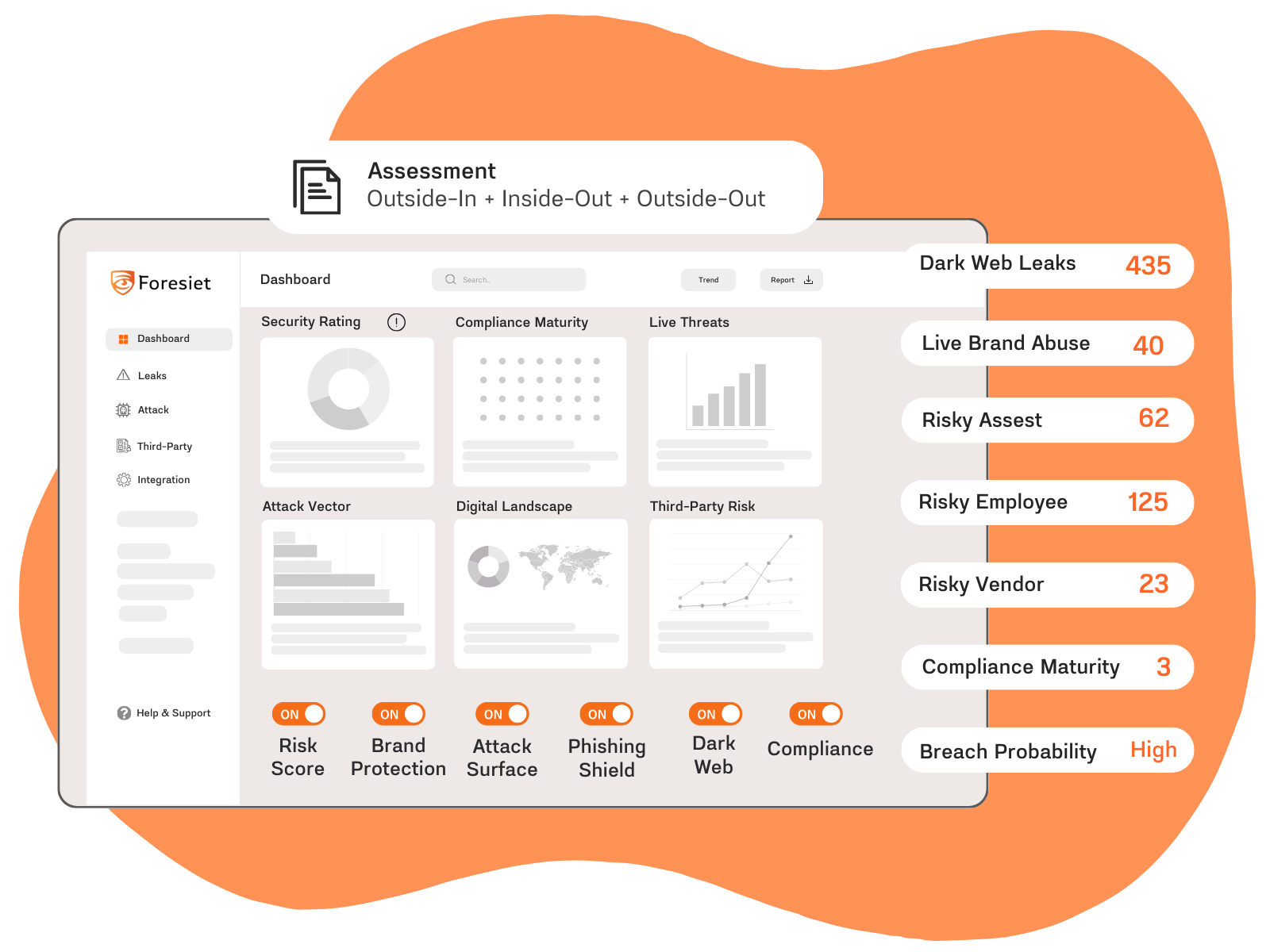FrostyGoop Malware Incident: Impact on Lviv's Heating Systems and Implications for ICS Security

Introduction
In a chilling demonstration of the growing threat of cyber warfare, the FrostyGoop malware was used in a January 2024 cyberattack that cut off heating for over 600 apartment buildings in Lviv, Ukraine, during freezing temperatures. This attack underscores the severe consequences of cybersecurity breaches in critical infrastructure, particularly in industrial control systems (ICS). This blog delves into the details of the FrostyGoop malware, its impact on the Lviv heating system, and recommendations for bolstering industrial cybersecurity.
The FrostyGoop Malware Incident
The FrostyGoop malware, linked to Russian cyber threat actors, was employed in a targeted attack against a municipal district energy company in Lviv. The attack, which took place from January 22 to January 23, 2024, disrupted heating services for over 600 apartment buildings, leaving residents to endure harsh sub-zero conditions.
FrostyGoop is designed to exploit Modbus TCP, a common protocol used in ICS across various industrial sectors. Discovered by cybersecurity firm Dragos in April 2024, the malware was initially believed to be under testing. However, its use in the January attack was confirmed by Ukraine's Cyber Security Situation Center (CSSC).
Dragos reported that the attack was carried out during the late evening hours, leading to a complete heating outage. The restoration process took nearly two days, highlighting the significant impact of the cyberattack on the local population.
Attack Details and Network Breach
Investigations into the attack revealed that the network of the targeted energy facility had been compromised nearly a year prior. On April 17, 2023, attackers exploited an undisclosed vulnerability in an Internet-exposed MikroTik router. This breach allowed them to deploy a webshell, which facilitated persistent access and enabled them to steal user credentials from the Security Account Manager (SAM) registry hive by late 2023.
On the day of the attack, the perpetrators utilized L2TP (Layer Two Tunneling Protocol) connections from Moscow-based IP addresses to access the network. Due to inadequate network segmentation, the attackers were able to exploit hardcoded network routes and gain control of the heating system controllers.
Once they had control, the attackers downgraded the firmware of these controllers to older versions lacking monitoring capabilities, thereby evading detection.
Implications and Recommendations
The FrostyGoop incident underscores the vulnerabilities inherent in industrial control systems, particularly those using the Modbus protocol. Given its widespread use, this malware poses a significant threat to various industrial sectors, potentially causing disruptions across numerous systems.
To mitigate such risks, industrial organizations are advised to implement the SANS 5 Critical Controls for World-Class OT Cybersecurity. These include:
- ICS Incident Response: Develop and test response plans for ICS-specific incidents.
- Defensible Architecture: Design systems with security in mind to minimize vulnerabilities.
- ICS Network Visibility and Monitoring: Ensure comprehensive monitoring of network activities.
- Secure Remote Access: Implement secure methods for remote access to control systems.
- Risk-Based Vulnerability Management: Prioritize and address vulnerabilities based on risk assessments.
Conclusion
The FrostyGoop malware attack highlights the urgent need for robust cybersecurity measures in industrial control systems. As cyber threats continue to evolve, especially in critical infrastructure sectors, it is crucial for organizations to enhance their defenses and adopt comprehensive security practices. By following industry best practices and staying vigilant, businesses can better protect themselves against the growing threat of cyberattacks.
About Foresiet!
Foresiet is the pioneering force in digital security solutions, offering the first integrated Digital Risk Protection SaaS platform. With 24x7x365 dark web monitoring and proactive threat intelligence, Foresiet safeguards against data breaches and intellectual property theft. Our robust suite includes brand protection, takedown services, and supply chain assessment, enhancing your organization's defense mechanisms. Attack surface management is a key component of our approach, ensuring comprehensive protection across all vulnerable points. Compliance is assured through adherence to ISO27001, NIST, GDPR, PCI, SOX, HIPAA, SAMA, CITC, and Third Party regulations. Additionally, our advanced antiphishing shield provides unparalleled protection against malicious emails. Trust Foresiet to empower your organization to navigate the digital landscape securely and confidently.
Protect your brand, reputation, data, and systems with Foresiet's Integrated Digital Risk Platform. 24/7/365 threat monitoring for total peace of mind.


July 10, 2025, 9 a.m.
